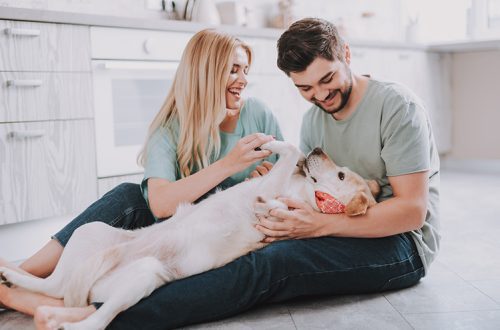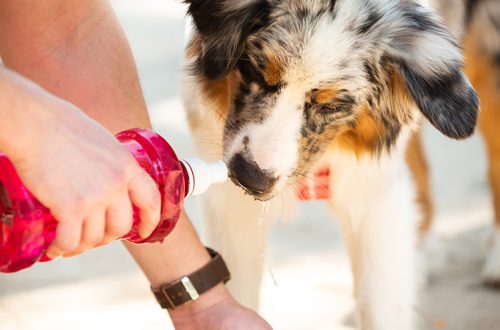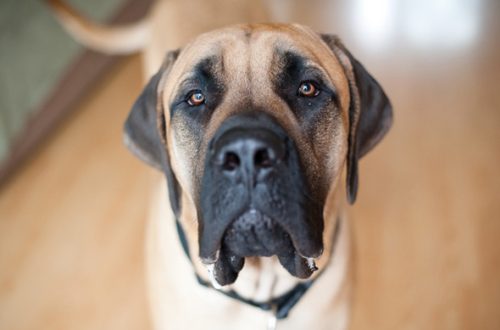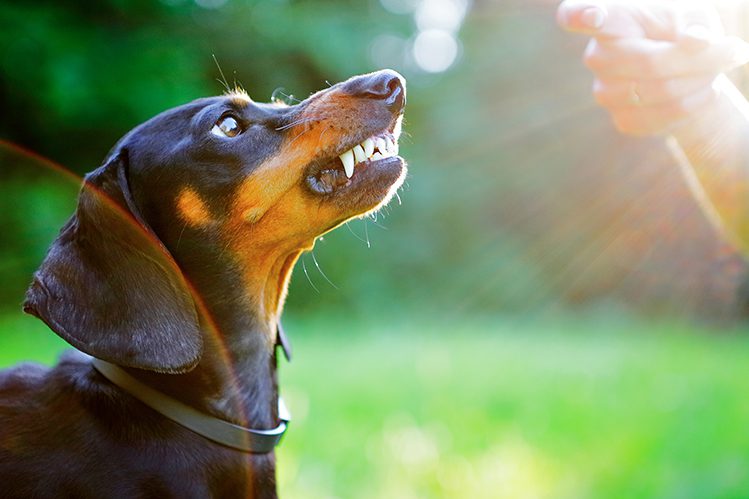
Aggression in dogs: why it manifests itself and what to do about it?
What if the affectionate Chihuahua suddenly turned into a Tyrannosaurus Rex? We will talk about the causes of aggressive behavior in dogs and how to deal with it in this article.
Why does a dog become aggressive?
There are many reasons why dogs behave aggressively, and they are all very different. We list the main ones:
genetic factors. A dog may be genetically prone to aggression. This can happen with non-professional breeding.
Psychological trauma. Aggressive behavior can be the result of a dog’s difficult life experiences. This often happens in dogs taken from the street, from a shelter, those that were kept in inappropriate conditions and faced abuse.
Strong stress. Aggression can be a natural reaction to a stimulus. This is the dog’s attempt to protect itself.
Wrong education and training. A dog can behave aggressively if the owner has developed these qualities in it, provoked and encouraged angry behavior.
Wrong position of the dog in the family. The pet doesn’t have to be the leader. He must clearly realize that the leaders are the owner and other two-legged members of the family. That they would take care of him and tell him how to behave and what to do. If the boundaries are blurred and the dog feels like a leader, he almost always experiences neurosis. She does not understand the laws of the human world and, by default, cannot cope with the role of leader in our society. All this can result in neurosis and aggressive behavior.
Inappropriate conditions of detention. If the dog is kept on a leash or in an aviary all the time, does not communicate with it, does not play, does not socialize, etc., it may experience behavioral deviations. including aggressive behavior.
The conditions of detention must correspond to the breed characteristics of the dog, its temperament and state of health.
- Pain, discomfort. For example, during illness or injury, as well as if the dog was hurt. Aggressive behavior in such a situation is a natural reaction of the body, an attempt to protect itself.
The most common cause of aggressive dog behavior is miscarriage. A good example is physical punishment. It is important to understand that any rude actions towards the dog are a shortcut to behavioral disorders, loss of trust in a person, intimidation and anger.
Don’t use physical punishment. This is not an educational measure, but rough treatment of animals.
With a dog, you need to initially deal with it correctly and in a timely manner: educate, train, socialize. If you do not have experience with a dog, it is better to enlist the support of a dog handler or animal psychologist. This will help avoid blunders. Then the problems with aggression, most likely, will not be

Types of aggression
Observe in what period and in what situations your pet shows aggression, at whom is it directed: at strangers, other dogs, family members?
There are several types of aggression in dogs. A pet may have one or several of them at once.
- Territorial
Some dogs have very developed watchdog qualities. They try to protect their territory and may even bark at random passers-by or tea guests. Usually this is due to improper upbringing and training. The dog was not trained in time, did not learn from whom and why it should defend itself and what exactly to protect. She does not see the difference between a real intruder and a passing car – and is ready to defend herself from the whole world at once. Usually, once outside his home or site, such a dog calms down and behaves calmly, because he is no longer in his territory.
- proprietary
These are cases where a pet is protective of its food, toys, or other items it considers its own.
- Intraspecific
This is when a dog shows aggression only towards relatives. It is most commonly seen in dogs after puberty and may result from improper socialization or traumatic experiences with other dogs.
- Sexual
Peculiar to males during puberty.
- Dominant
Dogs may be aggressive in order to assert their place in the hierarchy. Aggression can be directed at other animals, at family members, and even at the owner if the dog does not take him for the leader.
- Hunting
Peculiar to hunting breeds. This is when the dog tends to chase moving objects. Example: the dog breaks off the leash and, with a loud bark, rushes in pursuit of the cat.
- Maternal
A pregnant or lactating dog may behave aggressively and not let anyone in. This usually happens if the owner and pet do not have a trusting relationship with outbred dogs. This is how fear for their puppies manifests itself, this is an instinctive defense. There is nothing you can do about this kind of aggression, but it will go away on its own as the puppies get a little older.
- Psychological
This group includes psychological trauma and stressful conditions, when aggressive behavior arises out of fear.
- Unmotivated
These are cases of unreasonable aggression. Usually they are related to heredity. But it is important to understand that such cases are rare. Much more often, the owner does not notice or does not want to acknowledge the factors that provoked aggressive behavior in the dog – and calls his aggression “unreasonable”.
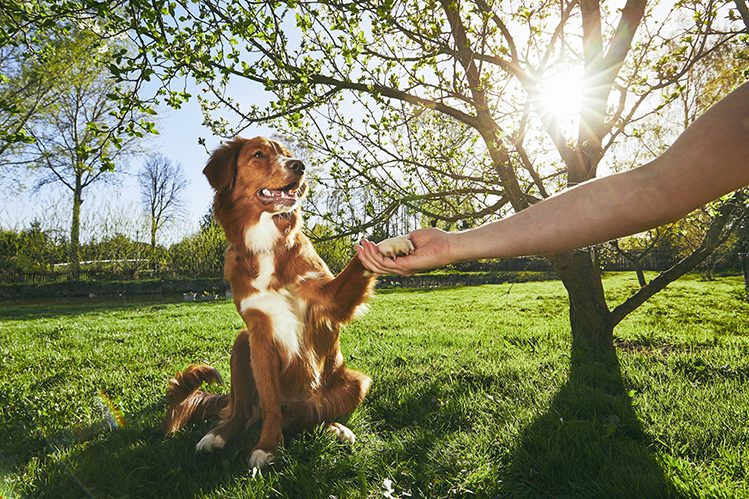
What to do if the dog shows aggression?
How to deal with the aggressive behavior of a dog depends on the type of aggression, on the reasons that lead to it. Therefore, first of all, you need to understand them.
If it is not a matter of painful sensations and not a desire to protect offspring, then first of all you need to try to protect the dog from irritants, let it calm down, and then gradually correct, develop and strengthen the dog’s skills, socialize it correctly.
The main thing is not to resort to violence. Any physical punishment and rudeness will lead to even more aggression.
It is impossible to ignore the aggressive behavior of a pet: the dog suffers and becomes dangerous to others. Here it is better not to experiment, but immediately turn to a cynologist or zoopsychologist. They will help to identify the causes of aggressive behavior and eliminate it in the near future, returning happiness and joy from communicating with the tailed to your family.
Everything will be fine, we believe in you!



